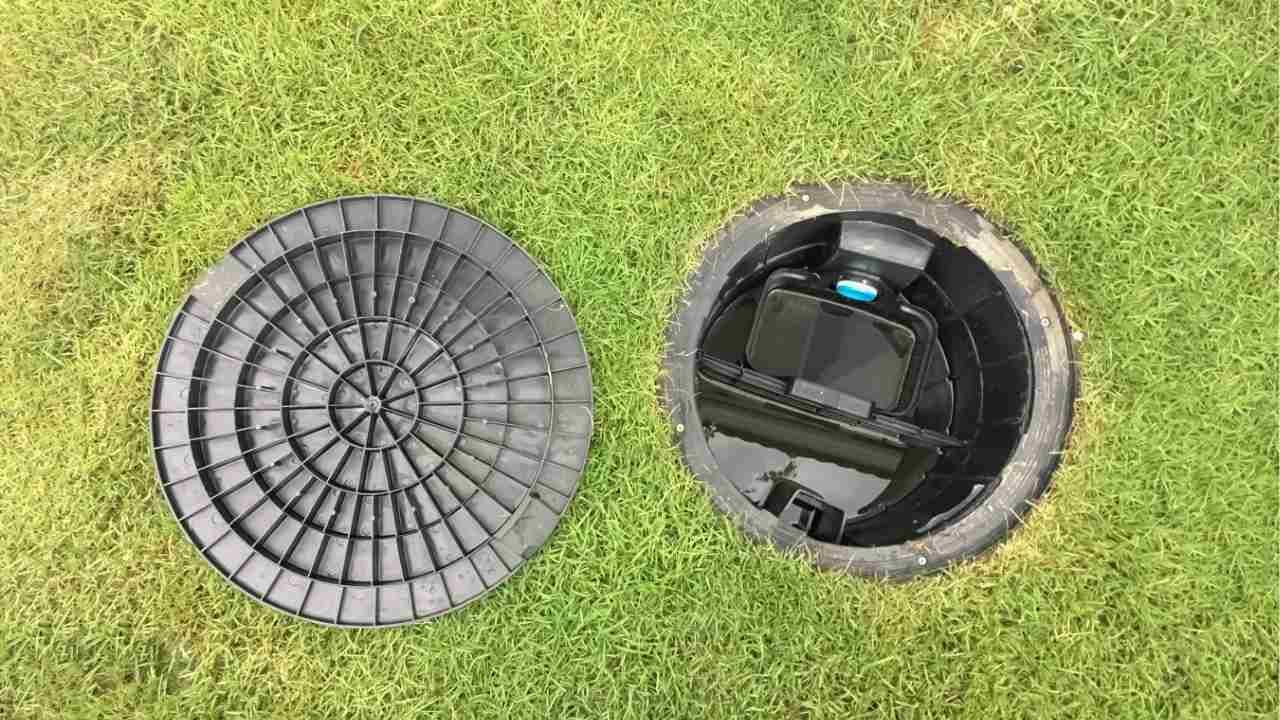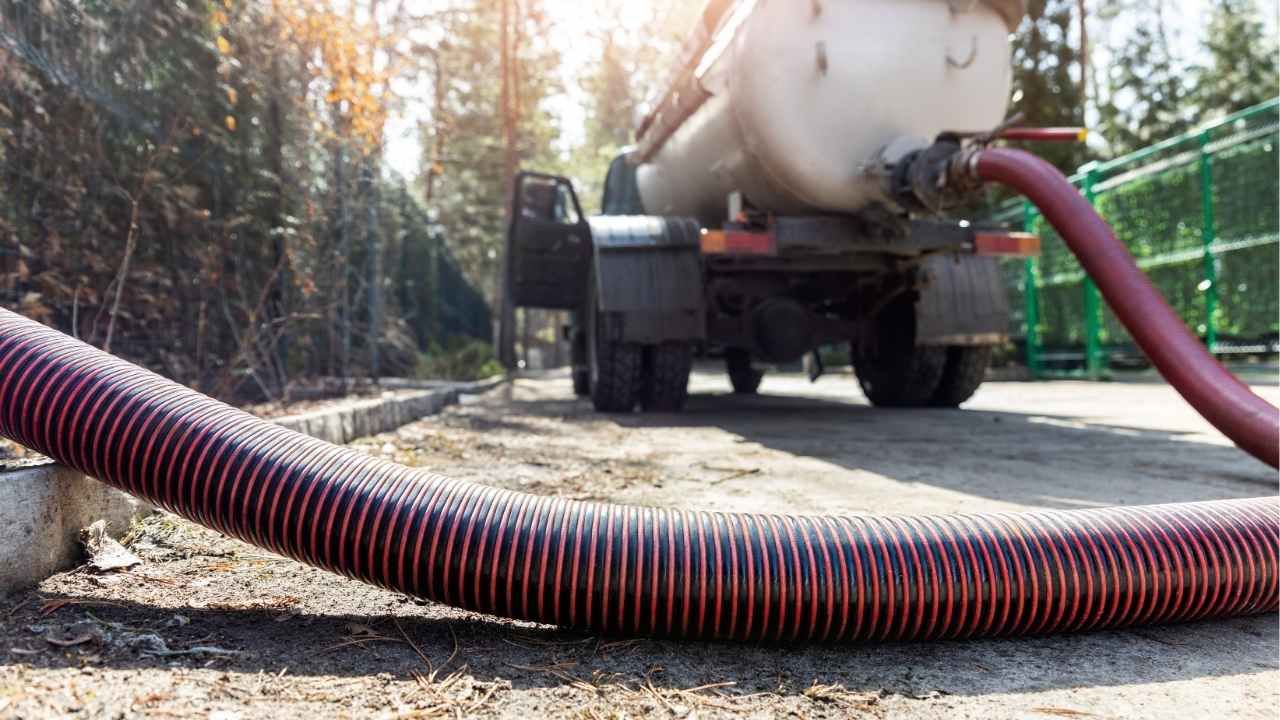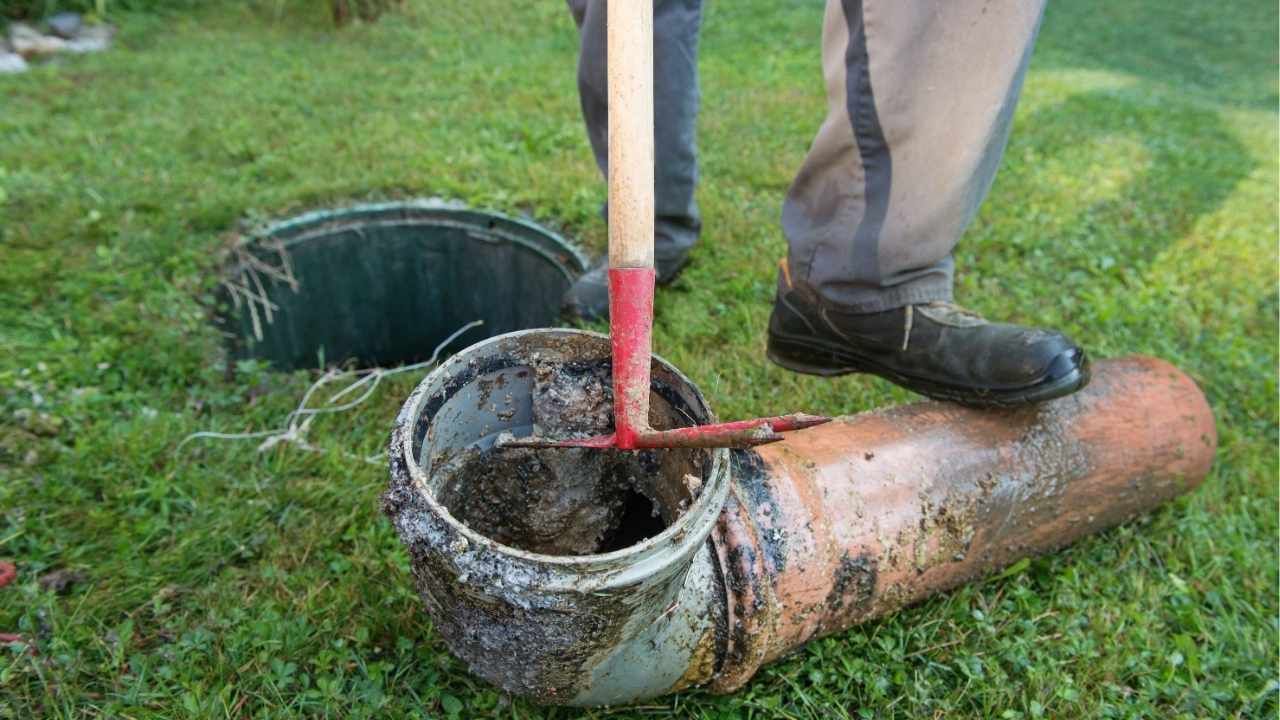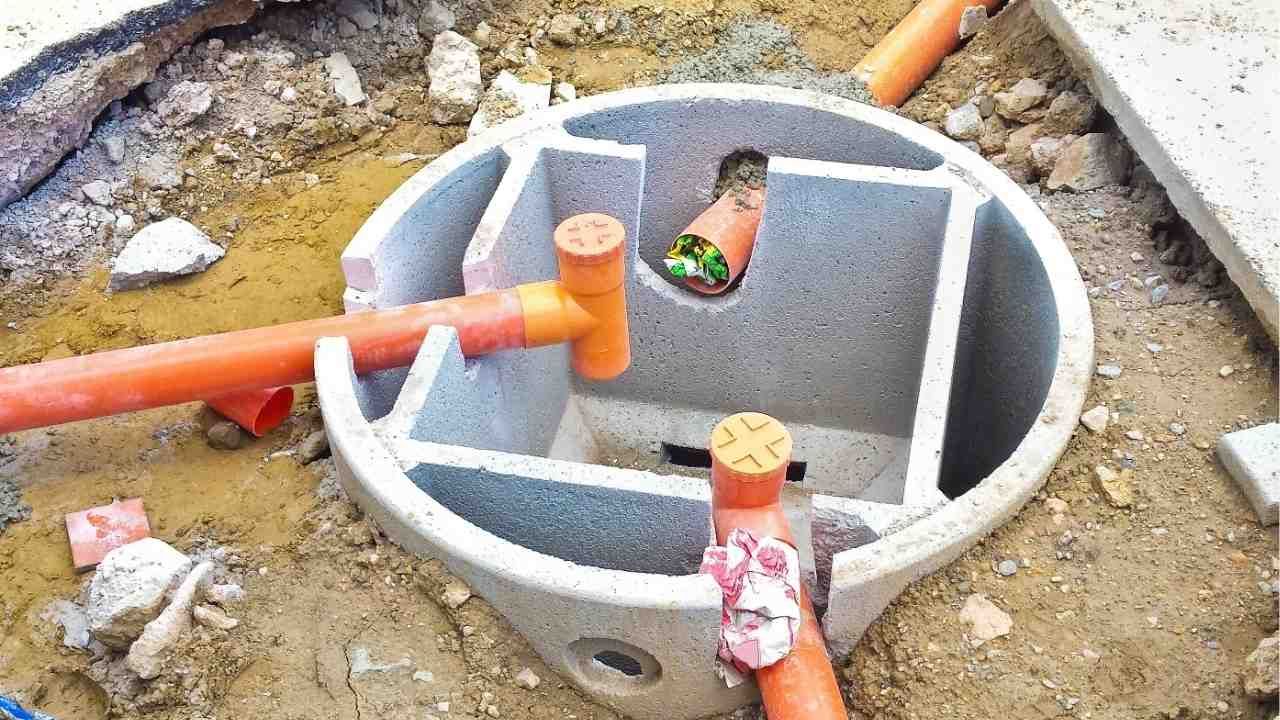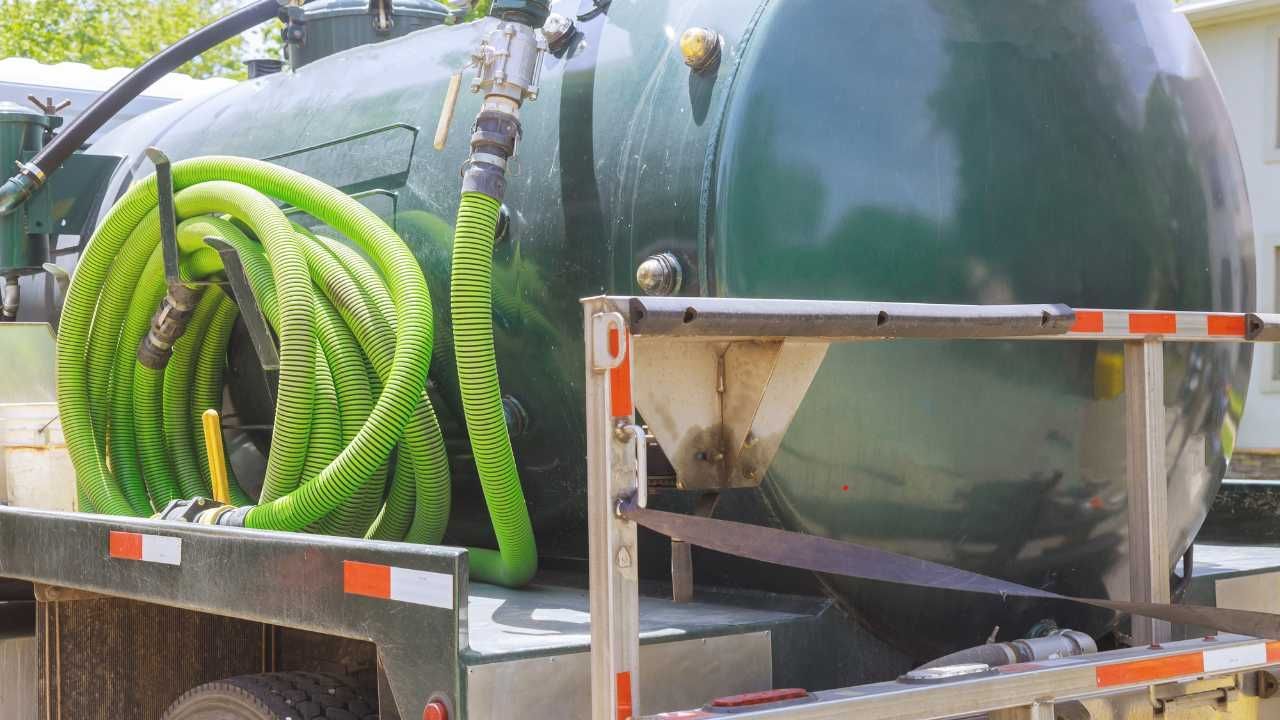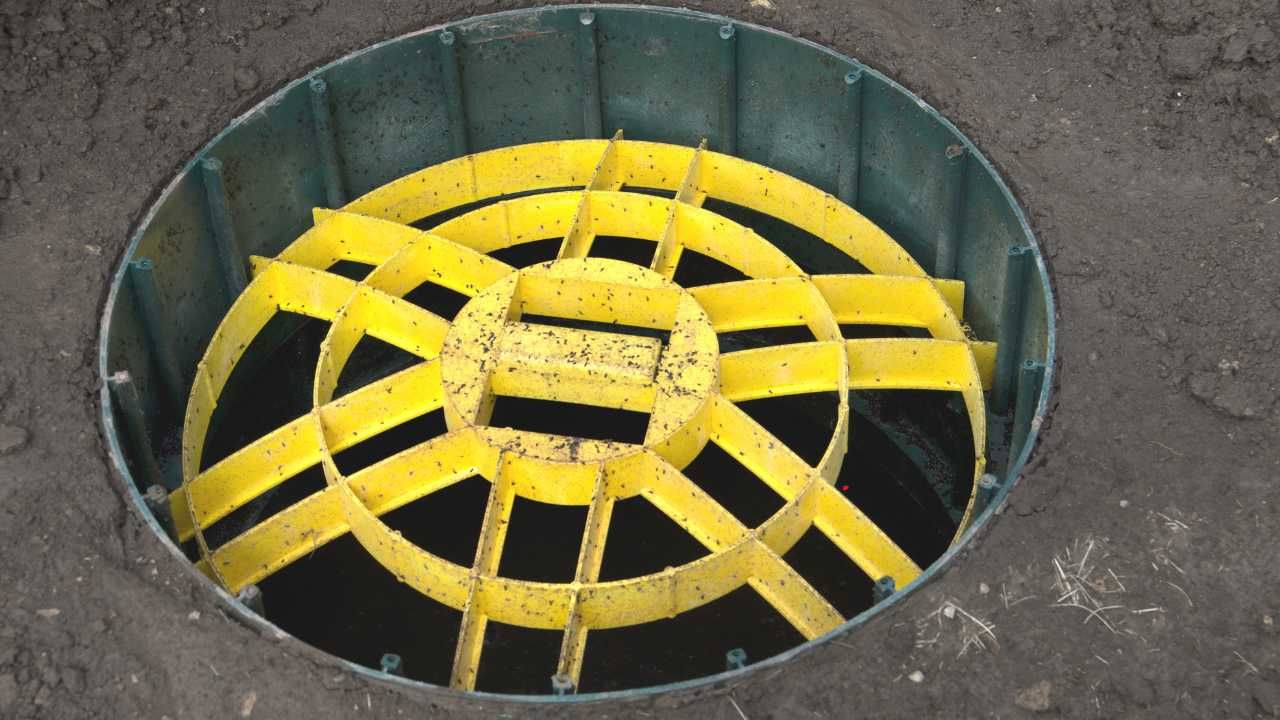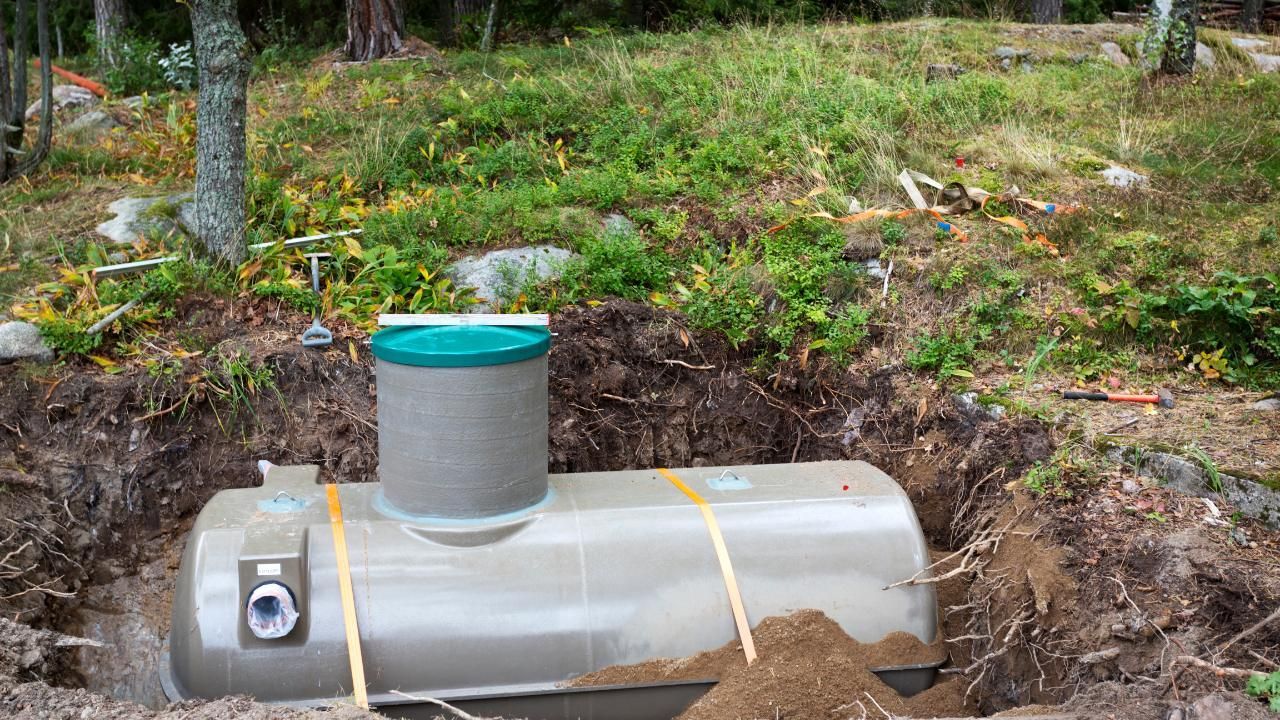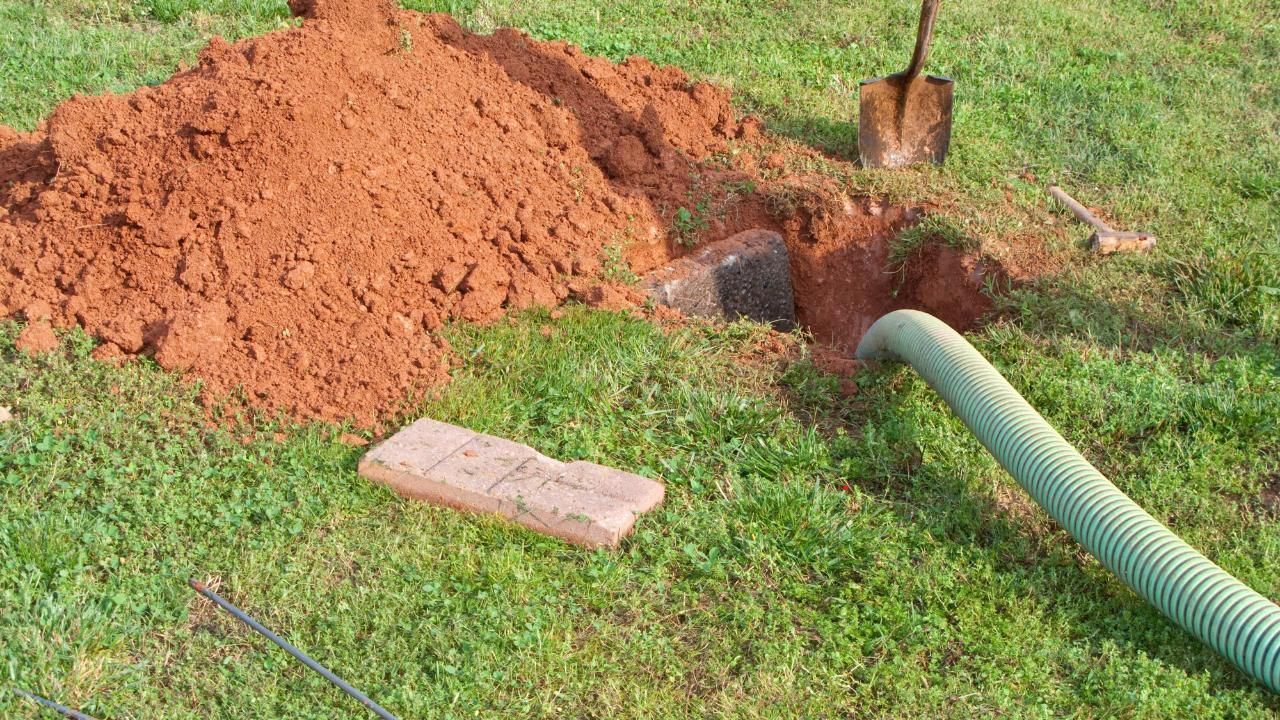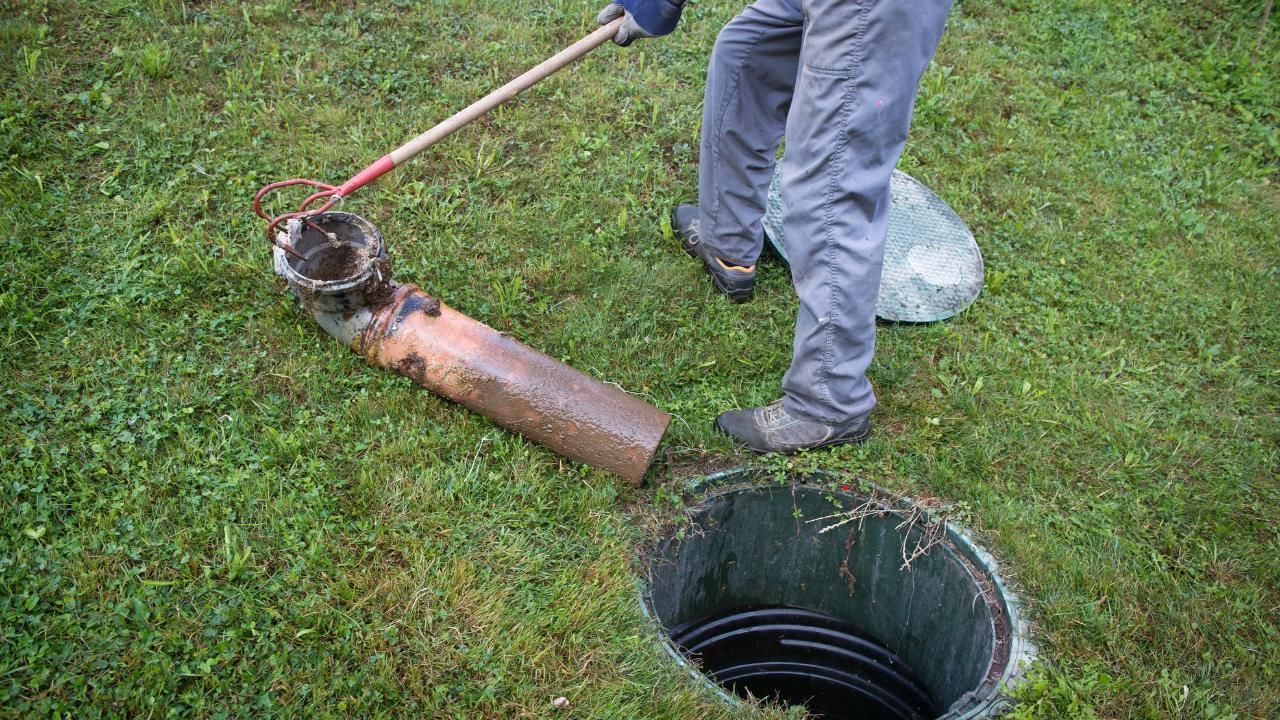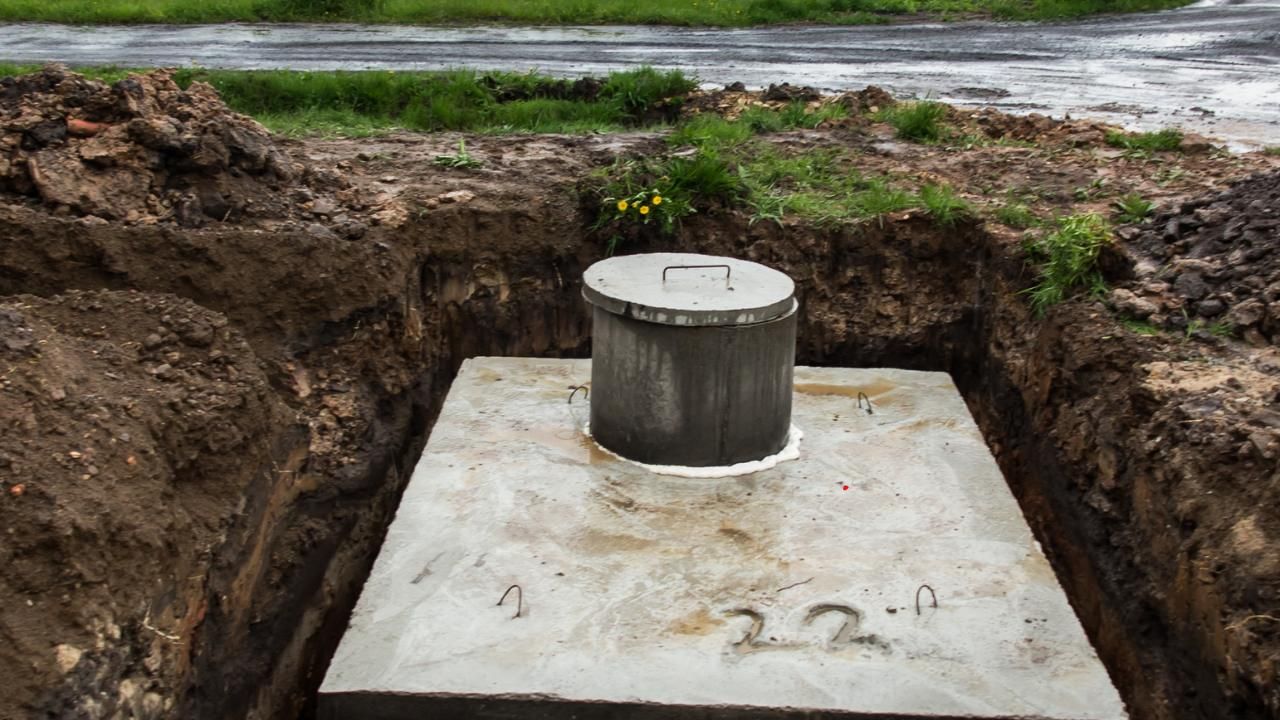Septic Tank Maintenance 101: A Homeowner's Guide
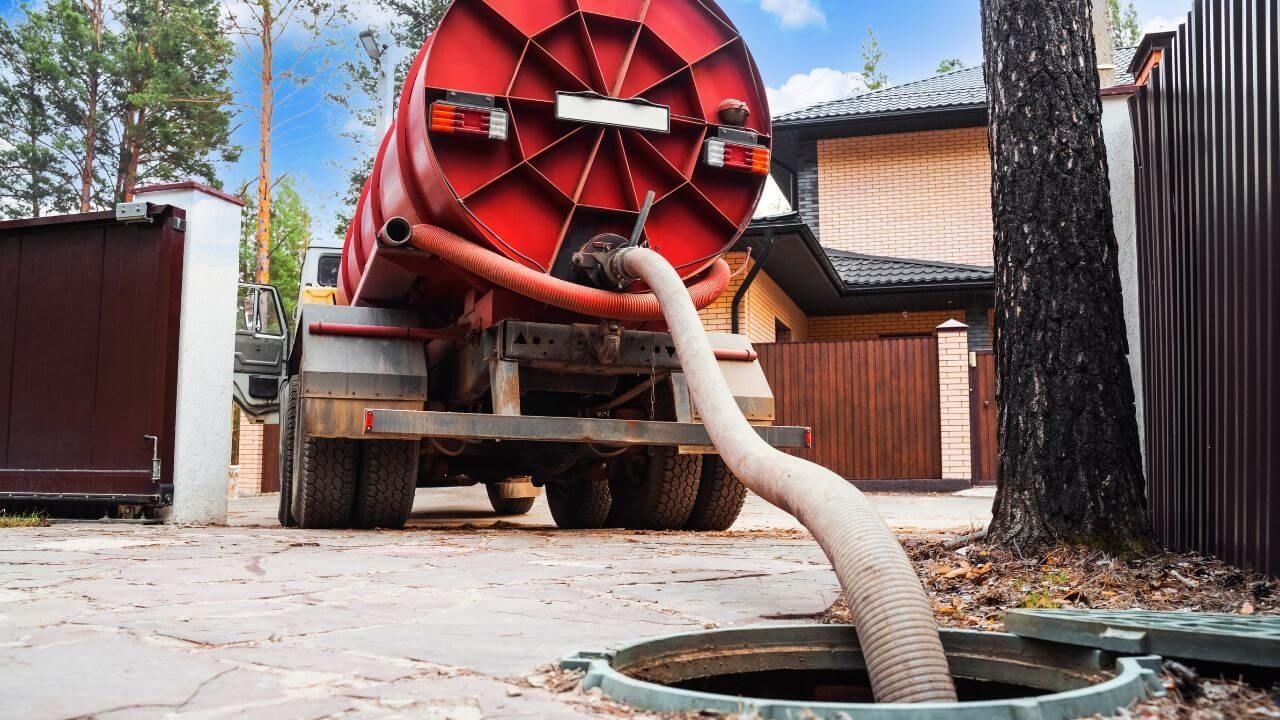
As a homeowner, understanding the essentials of septic tank maintenance can save you from a lot of hassle and costly repairs. Septic systems are vital for managing household wastewater in homes not connected to municipal sewer systems. This guide will walk you through what a septic tank is, common issues that may arise, and how to maintain it effectively.
What is a Septic Tank?
A septic tank is a large, underground container that collects and treats wastewater from your home. It is part of a septic system, which includes the tank and a drain field. Wastewater flows from your home's plumbing into the septic tank, where it separates into three layers: solids (sludge) settle at the bottom, oils and grease (scum) float to the top, and liquid (effluent) remains in the middle. The effluent flows into the drain field, where it undergoes further natural treatment.
Common Septic Tank Issues
- Overflow and Backups: This happens when the tank is too full or clogged, causing wastewater to back up into your home.
- Odor Problems: Unpleasant smells can indicate a problem with the tank or drain field.
- Slow Drains: Sluggish drainage in sinks, toilets, and showers can signal a septic issue.
- Wet Spots in Yard: Pools of water or unusually lush grass over the drain field can indicate leaks or overflows.
- Contamination: Faulty septic systems can contaminate groundwater, posing health risks.
Proper Septic Tank Maintenance
Maintaining your septic tank involves regular inspection, pumping, and mindful usage of household water and products. Here’s a comprehensive look at how to take care of your septic system:
Regular Inspections
Schedule an inspection every 1-3 years with a professional to check for leaks, sludge levels, and overall system health. This helps catch potential problems early before they become major issues.
Routine Pumping
Generally, septic tanks should be pumped every 3-5 years, but the frequency can vary based on the tank size, household size, and water usage habits. Pumping removes accumulated sludge and scum, ensuring the system functions correctly.
Water Conservation
Excessive water use can overwhelm your septic system. Implement water-saving habits such as:
- Fixing leaky faucets and toilets promptly.
- Installing low-flow showerheads and toilets.
- Spreading out laundry loads throughout the week.
- Running dishwashers and washing machines with full loads only.
Proper Waste Disposal
Be mindful of what goes down your drains. Avoid flushing or disposing of:
- Grease and oils
- Non-biodegradable items (e.g., sanitary products, diapers, wipes)
- Harsh chemicals (e.g., bleach, drain cleaners)
- Medications
Maintain the Drain Field
The drain field is an integral part of your septic system. To protect it:
- Avoid parking or driving over the drain field.
- Plant only grass or shallow-rooted plants over it.
- Redirect roof drains and surface water away from the drain field.
Use Septic-Safe Products
Opt for septic-safe cleaning products and toilet paper. Some recommended products include:
- Septic Safe Toilet Paper: Dissolves easily and reduces clog risks.
- Bio-Active Septic Additives: Help maintain the bacterial balance in your tank.
When to Call a Septic Pump Truck
Despite best efforts, professional intervention is sometimes necessary. Here are some signs that indicate you need to schedule a septic pump service:
- Sewage Backup: Wastewater backing up into sinks, toilets, or showers.
- Persistent Odors: Foul smells near the tank or drain field.
- Pooling Water: Unexplained wet areas in your yard, especially over the drain field.
- Slow Drains: Consistent drainage issues across multiple fixtures.
Finding a Septic Pump Service
When searching for a septic pump truck near me, consider the following factors:
- Reputation: Look for companies with positive reviews and ratings.
- Experience: Choose professionals with extensive experience in septic systems.
- Licensing and Insurance: Ensure the company is licensed and insured for your protection.
- Pricing: Get quotes from multiple companies to compare prices, but be wary of extremely low offers that may indicate subpar service.
Scheduling the Service
Once you’ve found a reputable company, schedule the service at a convenient time. Be prepared to provide information about your septic system, including its location, size, and any known issues. Clearing access to the tank and ensuring pets and children are kept away during the service will also facilitate a smooth process.
Tips for Long-Term Septic Tank Health
- Regular Maintenance: Stick to a regular inspection and pumping schedule.
- Mindful Usage: Conserve water and dispose of waste properly.
- Protect the Drain Field: Avoid heavy loads and plant appropriate vegetation.
- Educate Household Members: Ensure everyone in your home understands the importance of septic system care.
By following these guidelines and maintaining a proactive approach to septic tank care, you can avoid major issues and extend the lifespan of your system. Regular inspections, mindful water usage, and proper waste disposal are key to a healthy septic system. If problems arise, don't hesitate to call in professional help to keep your home’s wastewater management running smoothly. With a bit of effort and attention, you can ensure your septic tank remains in good working order for years to come.
If you're located in Miami Dade Florida, and need reliable septic tank services, we invite you to meet the team of experts at our trusted local service provider. Get in touch today to learn more about how they can assist you in maintaining a healthy septic tank.
Ask Your Questions
Get In Touch, Leave Us A Message
We're committed to providing affordable and reliable septic tank services. Whether you need cleaning, maintenance, or repairs, our experienced team is here to help. Get in touch with us today and leave us a message to schedule an appointment or inquire about our services.

